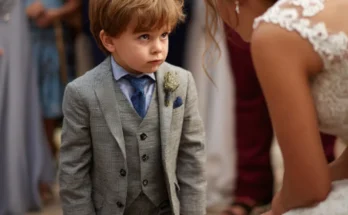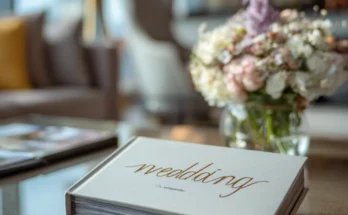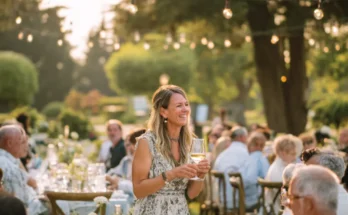At nineteen, I held Grandma’s inheritance like a warm mug in winter—money she’d scraped together from double shifts, meant to be my safety net. At home, Mom cried, and my stepdad patted my shoulder. They painted a future so bright, I believed we were a team.
Then the money “disappeared”—conveniently transferred into a joint account. A month later, they bought a house with a wraparound porch I wasn’t invited to inhabit. My name wasn’t on the deed, but that “SOLD” sign felt like a pointed joke.
I confronted them in their new kitchen, smelling faintly of fresh paint and regret. I had the paper trail, the bank transfers, the emails. I had spoken to legal aid. I told them: this isn’t family business—it’s theft.
Mom tried guilt, invoking “sacrifices.” Stepfather used numbers—appreciation, equity—like weapons. Silence spread between us like cracked glass.
Still, two days later, I received the first repayment. I enrolled in community college. I found a tiny room with a sticky window and a view of a brick wall—and I loved it because it was mine.
I don’t visit the porch. Instead, I keep Grandma with me—in a secondhand kettle that whistles like her voice, in my monthly payments that acknowledge her legacy, and in the backbone I forged the day I said no. The inheritance wasn’t just money—it became my ownership of myself.


